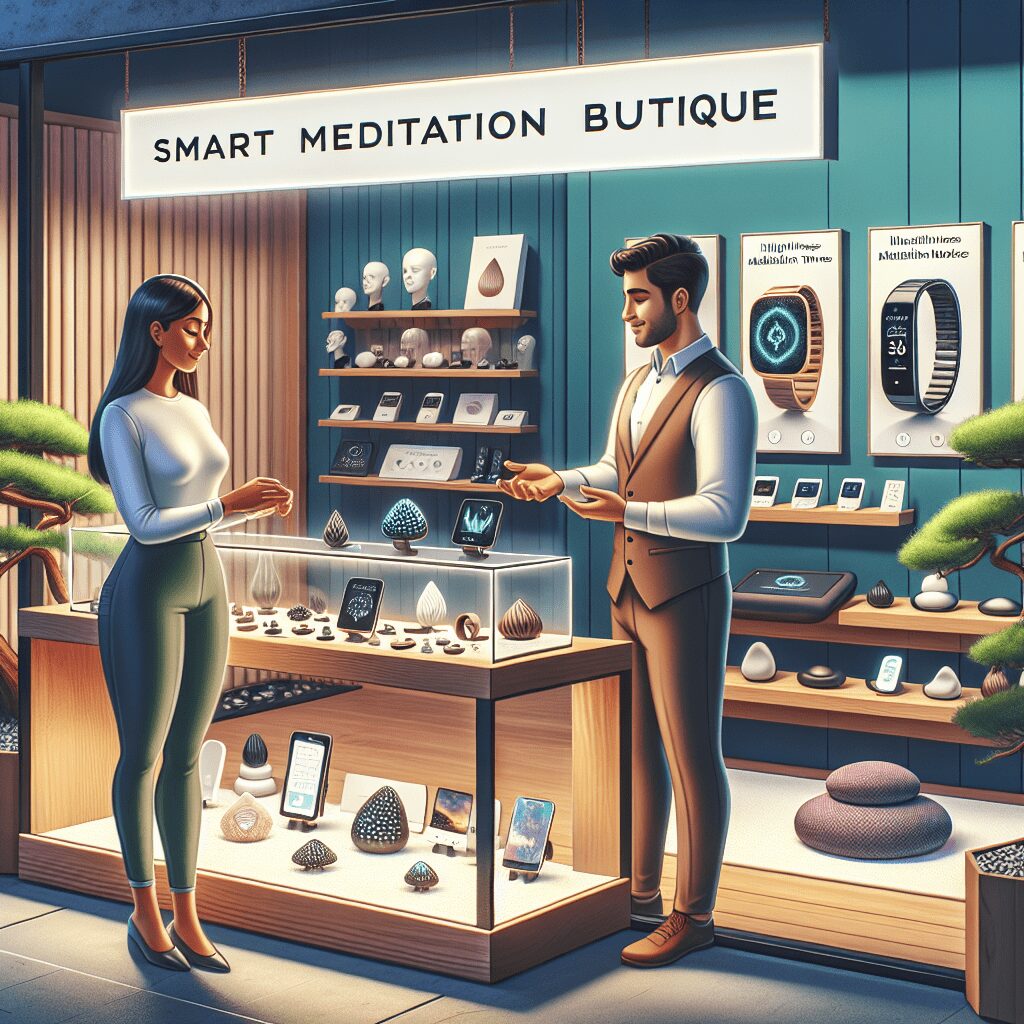
Prioritize your mental well-being daily. Enhance your life by nurturing your mental health with the Smart Meditation app. Break free from stress, alleviate anxiety, and enhance your sleep quality starting today.
Are Antidepressants Bad?
Unraveling the Mystery of Antidepressants: A Balanced Perspective
In the ever-spinning world of health and wellness, antidepressants often find themselves at the center of a whirlwind debate. Are they the lifeline for those fighting the invisible battle against depression, or are they merely a crutch, teeming with side effects? Let’s dive into the nitty-gritty, separating fact from fiction, to give you a clearer picture.
The Good, The Bad, and The Necessary
Antidepressants, as the name suggests, are primarily prescribed to treat depression, among other mental health conditions. They aim to correct chemical imbalances of neurotransmitters in the brain that are believed to be responsible for mood and behavior changes. Now, let’s break it down a bit, shall we?
The Upsides:
- Lifesavers: For some, antidepressants are nothing short of a lifeline, pulling them from the depths of depression to a more manageable state of being.
- Symptom Management: They can help alleviate the symptoms of depression, such as severe sadness, hopelessness, and lack of interest in life.
- Beyond Depression: These meds are also used to treat a panoply of other psychological conditions, including anxiety disorders, chronic pain issues, and certain sleep disorders.
The Downsides:
- Side Effects Galore: Ah, the dreaded side effects – from nausea and weight gain to sexual dysfunction and sleep disturbances, the list can be daunting.
- Not a Magic Bullet: Antidepressants are not a “one-size-fits-all” solution. It often takes time to find the right drug and the right dosage.
- The Dependency Debate: There’s an ongoing debate about whether antidepressants can be habit-forming. While not considered addictive in the traditional sense, stopping them abruptly can lead to withdrawal symptoms, which is why it’s a no-no to go cold turkey.
Making an Informed Decision
So, are antidepressants bad? Well, it’s not a black-and-white answer. Like many aspects of medicine and personal health, the use of antidepressants boils down to weighing the benefits against the risks. Here’s the crux of the matter:
- Personal Tailoring: What works wonders for one individual might be ineffective or troublesome for another. Treatment with antidepressants needs to be personalized, often involving a trial-and-error approach.
- Combination is Key: In many cases, antidepressants are most effective when combined with other forms of therapy, such as cognitive-behavioral therapy (CBT) or counseling.
- Professional Guidance is Crucial: Navigating the world of antidepressants isn’t a journey to embark on solo. It requires the guidance of a healthcare professional who can monitor progress, make necessary adjustments, and support you through the process.
In conclusion, dismissing antidepressants as merely “good” or “bad” is an oversimplification. They have their rightful place in the arsenal against depression and other mental health conditions, but they are not a universal panacea. If you or someone you know is considering antidepressants, the key is consultation and conversation—with doctors, therapists, and loved ones. Remember, seeking help is a sign of strength, not a weakness. And in the grand tapestry of mental health treatment, antidepressants are but one thread, interwoven with many others to support and uplift those who are battling the unseen fight.




